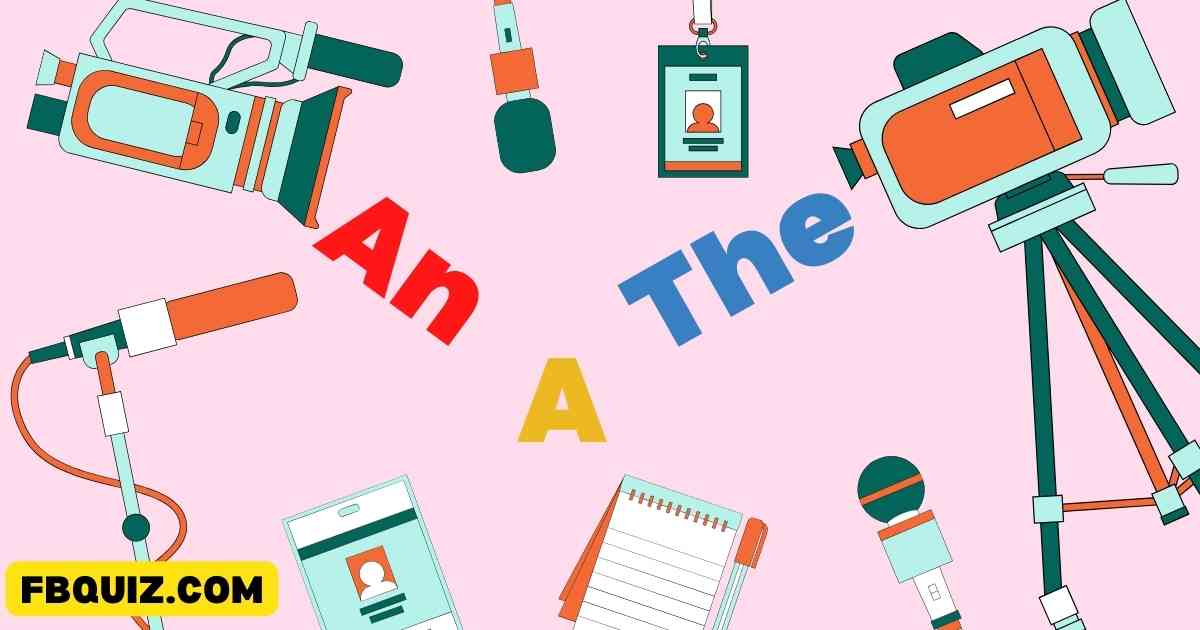Question tags are short questions added to the end of statements to turn them into questions. They are used to confirm information, seek agreement, or express uncertainty. Mastering question tags is essential for fluent and natural conversation in English.
| Pos. | Name | Points |
|---|---|---|
| 1 | Shivam Singh | 40 |
Structure of Question Tags
Question tags consist of an auxiliary (or helping) verb and a pronoun. They usually reflect the verb tense of the main statement and match the subject in person and number.
Basic Structure
Positive statement + negative question tag
“You are coming, aren’t you?”
Negative statement + positive question tag
“She isn’t here, is she?”
| Pos. | Name | Points |
|---|---|---|
| There is no data yet |
Rules for Forming Question Tags
Auxiliary Verb Agreement
Use the same auxiliary verb as in the main statement.
Example: “She has finished, hasn’t she?”
Pronoun Matching
The pronoun in the question tag should match the subject of the statement.
Example: “John is tall, isn’t he?”
Positive and Negative Agreement
If the statement is positive, the question tag is negative.
Example: “They will help, won’t they?”
If the statement is negative, the question tag is positive.
Example: “She doesn’t like coffee, does she?”
Examples of Question Tags
Present Simple Tense
Positive statement: “You like ice cream, don’t you?”
Negative statement: “He doesn’t play soccer, does he?”
Past Simple Tense
Positive statement: “She went to the party, didn’t she?”
Negative statement: “They didn’t see the movie, did they?”
Present Continuous Tense
Positive statement: “You are studying, aren’t you?”
Negative statement: “He isn’t working today, is he?”
Present Perfect Tense
Positive statement: “They have arrived, haven’t they?”
Negative statement: “She hasn’t called yet, has she?”
Future Tense
Positive statement: “We will meet at 6, won’t we?”
Negative statement: “They won’t be late, will they?”
Special Cases and Exceptions
Imperatives
When using imperatives (commands), the question tag is usually “will you?” or “won’t you?” for politeness.
Example: “Close the door, will you?” / “Help me with this, won’t you?”
Let’s
When the statement starts with “let’s,” the question tag is “shall we?”
Example: “Let’s go to the beach, shall we?”
There
When the statement starts with “there,” the question tag matches the verb tense and subject.
Example: “There is a problem, isn’t there?”
Negative Adverbs
Statements with negative adverbs (e.g., never, hardly) are treated as negative, so the question tag is positive.
Example: “She never eats meat, does she?”
Pronouns
Use “it” for impersonal subjects and “they” for everyone or people in general.
Example: “It is raining, isn’t it?” / “Everyone was there, weren’t they?”
Intonation in Question Tags
The intonation of the question tag can change its meaning:
Rising Intonation: Indicates a genuine question or uncertainty.
Example: “You’re coming with us, aren’t you?” (seeking confirmation)
Falling Intonation: Indicates that the speaker is fairly certain and just seeking agreement.
Example: “It’s a beautiful day, isn’t it?” (expecting agreement)
Practice with Question Tags
To get comfortable with question tags, practice by adding them to various statements. Here are some examples to try:
Positive Statement
“She can drive, __________?” (can’t she)
Negative Statement
“They don’t smoke, __________?” (do they)
Present Continuous
“You are listening, __________?” (aren’t you)
Past Simple
“He finished the project, __________?” (didn’t he)
Let’s
“Let’s take a break, __________?” (shall we)
Conclusion
Question tags are a vital part of conversational English, helping to create a natural flow and engage listeners. By following the rules and practicing regularly, you can become proficient in using question tags.
Remember to pay attention to verb agreement, pronoun matching, and intonation. With practice, you’ll be able to use question tags effortlessly in your everyday conversations, making your English sound more natural and fluent.


